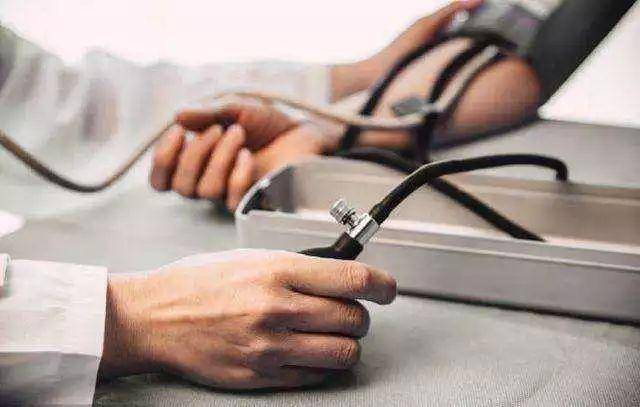Hypertension is a chronic disease, known as the “silent killer.” According to the latest data, there are nearly 300 million hypertensive patients in China, with about 1 in every 4 people being hypertensive. Among them, approximately 70% of hypertension cases are caused by unhealthy diet, making hypertension a common disease.
Although hypertension itself is not harmful, prolonged periods of high blood pressure can increase the burden on various organs and lead to issues like coronary heart disease, arrhythmia, etc. It is essential to take hypertension seriously.
There are many beliefs about how to stabilize blood pressure in daily life, and among them, the idea of eating more fruits is widely spread. However, not all fruits are suitable for hypertensive individuals, and below are three fruits that are better consumed in moderation.
Doctors advise: it’s best for hypertensive individuals to eat less of these 3 fruits
1. Grapefruit
While it is recommended for hypertensive patients to consume more fruits and vegetables, grapefruit is not a good choice. Grapefruit contains ingredients like naringin and furanocoumarins that are unfavorable for hypertension. If grapefruit is consumed after taking antihypertensive medications, it can lead to adverse reactions, and in severe cases, even sudden death. The components in grapefruit can inhibit drug metabolism, leading to elevated drug levels in the bloodstream, effectively doubling the medication’s effect and causing low blood pressure reactions.
2. Grapes
Grapes not only contain substances like malic acid and citric acid but also have high sugar content. Overconsumption of grapes is detrimental to blood pressure stability, especially for hypertensive individuals. As blood sugar rises, it can damage endothelial cells in blood vessels, worsen atherosclerosis, decrease blood vessel elasticity, and raise blood pressure.
3. Kiwi
Kiwifruit is rich in dietary fiber, which aids in metabolism and digestion, but it is not advisable for individuals with hypertension to consume large quantities. Kiwi can stimulate blood vessels, cause abnormal vasoconstriction, and is high in sodium, which, when consumed excessively, can lead to elevated blood pressure. For hypertensive patients, it is better to consume fruits with high sodium content.
All three fruits mentioned above should be noted by hypertensive individuals and avoided when possible. Additionally, it is important to know that hypertension is not exclusive to elderly individuals. Certain groups of people have a higher likelihood of developing hypertension than others.
4 Categories of People Most Prone to Hypertension – See if You Belong to Any
1. Chronic alcohol consumers
2. Individuals under prolonged psychological stress
3. People with high blood lipids and diabetes
4. Those with a diet high in sodium and low in potassium
To maintain stable blood pressure, consider doing the following:
1. Stay adequately hydrated
Healthy individuals should consume around 1500ml of water per day. Dehydration can lead to increased blood pressure. For individuals with hypertension, it is best to add organic green chrysanthemum to their water intake. This will help supplement the body with required choline, amino acids, jujube alkali, flavonoids, and other nutrients, aiding in better blood pressure control and vascular protection.
Studies have shown that amino acids can repair damaged blood vessels and enhance vascular elasticity; choline can enhance lipid metabolism, reduce blood viscosity, promote blood circulation; jujubin can inactivate harmful free radicals, preventing impurities from lingering in blood vessel walls.
Steep one flower in boiling water daily, wait for 5 minutes, and the nutrients will be better absorbed by the body, promoting vascular maintenance and better blood pressure stability.
2. Moderate exercise
Many believe that individuals with hypertension should avoid physical activity. However, high-intensity exercise should be avoided, as it can dangerously increase heart rate and blood pressure rapidly. Aerobic exercises like jogging or brisk walking, with gentle intensity, are beneficial for overall cardiovascular health. A 15-minute walk after dinner can aid in lowering blood pressure.
3. Regular monitoring
For hypertensive patients, it is advisable to self-monitor blood pressure every morning and evening, recording the measurement dates, times, and data meticulously to closely track blood pressure fluctuations.


